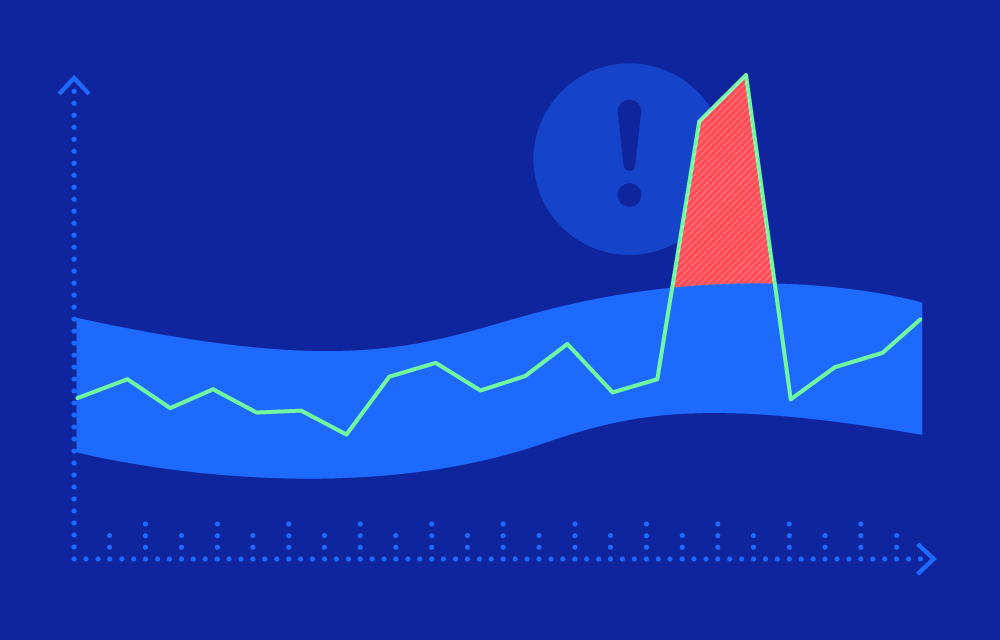Value proposition
Cost alerts provide significant value to organizations by enabling proactive financial management. They help prevent budget overruns, reduce the risk of unexpected expenses, and ensure that spending aligns with business objectives. By receiving timely notifications, organizations can take corrective actions to optimize their cloud usage and maintain financial control.
Challenges
While cost alerts are beneficial, they come with certain challenges:
- Alert Fatigue: Excessive or irrelevant alerts can overwhelm users, causing them to ignore important notifications.
- Configuration Complexity: Setting up accurate and meaningful alerts requires a thorough understanding of cloud usage patterns and financial goals.
- Timeliness: Alerts must be timely to be effective, but some systems may experience delays in generating notifications.
Key features
- Customizable Thresholds: Users can set specific spending thresholds for different projects, departments, or services.
- Real-time Notifications: Alerts are generated in real-time, providing immediate updates on spending status.
- Delivery Channels: Alerts can be delivered via email, SMS, or integrated into other management tools.
- Detailed Insights: Alerts often include detailed information about the cause of the spending increase, helping users take targeted actions.
Types of alerts
- Budget Alerts: Notifications when spending approaches or exceeds a predefined budget.
- Usage Alerts: Warnings when resource usage spikes, indicating potential cost increases.
- Anomaly Alerts: Alerts for unusual or unexpected spending patterns, also called cost anomalies, suggesting possible misconfigurations or inefficiencies in spending and resource usage.
Market
The market for cost alert tools is growing as more organizations adopt cloud services and seek to optimize their spending. According to a recent report by G2, 94% of enterprises exceeded their cloud budget at some point, highlighting the need for effective cost management tools. Additionally, 30% of cloud spending is wasted due to inefficiencies, underscoring the importance of timely and actionable cost alerts. Leading cloud providers like AWS, Azure, and Google Cloud offer built-in cost alert features. Additionally, third-party vendors provide specialized tools that integrate with multiple cloud platforms.
List of Cloud Service Providers Offering Cost Alerts
- Amazon Web Services (AWS): AWS Optimization Hub and AWS Cost Explorer.
- Microsoft Azure: Azure Cost Management and Billing.
- Google Cloud Platform (GCP): Google Cloud Billing and Cost Management.
Similar Concepts
- Cost Management: The broader practice of managing and optimizing cloud expenditures.
- Budgeting: Setting financial limits for cloud spending over a specific period.
- Financial Governance: Policies and procedures to ensure responsible cloud spending and financial accountability.
See Also
- Cloud Cost Management
- Budgeting in Cloud Computing
- Financial Governance in Cloud Environments
References
- “AWS Cost Management.” Amazon Web Services. AWS Cost Management
- “Azure Cost Management and Billing.” Microsoft Azure. Azure Cost Management
- “Google Cloud Billing and Cost Management.” Google Cloud. Google Cloud Cost Management



